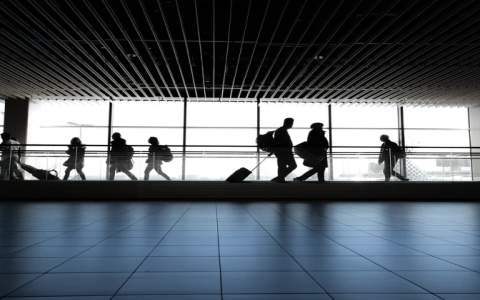Navigating airline regulations for electronic cigarettes requires precise knowledge before international travel. Non-compliance risks confiscation, fines, or denied boarding. Key rules center on carriage methods and battery safety.
Universal Airline Restrictions
All airlines strictly prohibit:

- Using e-cigarettes or vaping devices onboard aircraft.
- Packing devices or spare batteries in checked luggage (fire hazard).
- Carrying devices with damaged batteries.
Carry-On Luggage Rules by Carrier
American Airlines:
- Devices and spare batteries must be in carry-on only.
- Lithium batteries must be individually protected against short circuits.
Delta Air Lines:
- Devices must be turned completely off (not sleep mode).
- Limit of 20 spare batteries per passenger.
United Airlines:
- Devices must be protected from accidental activation.
- Strongly recommends placing devices in clear plastic bags.
Emirates:
- Strictly forbids any carriage of e-cigarettes containing liquids.
- Allows only completely empty devices in carry-on.
Qantas:
- Prohibits all devices containing lithium-ion batteries on flights to/from USA due to cargo restrictions.
- Requires nicotine-containing e-liquids in containers ≤100ml within transparent bag.
Country-Specific Entry Considerations
- Research destination country laws: Thailand, Singapore, India, and others ban importation or sale entirely.
- Possession of nicotine-containing liquids or devices may be illegal regardless of airline policy.
Recommendations for Travelers
- Confirm specific airline policy in writing before departure.
- Store devices and batteries securely in carry-on: use original cases or protective sleeves.
- Disconnect tanks/cartridges from batteries when possible to prevent activation.
- Consider disposable alternatives or nicotine replacement therapies for longer flights.










